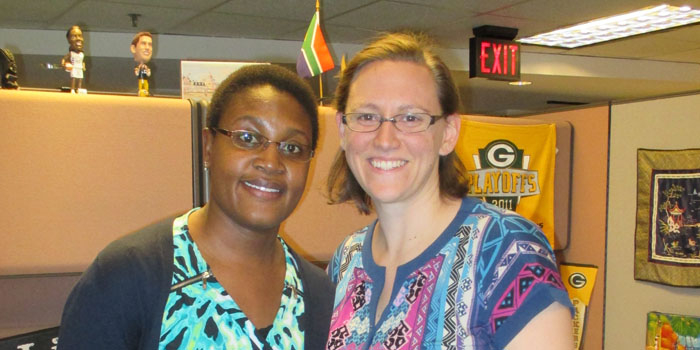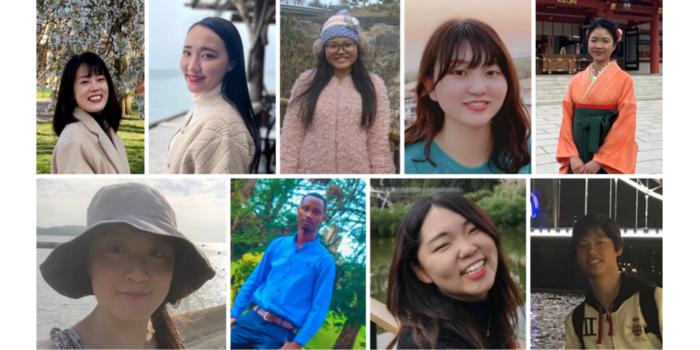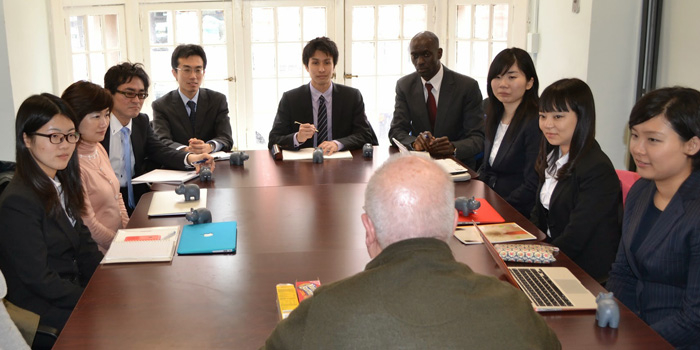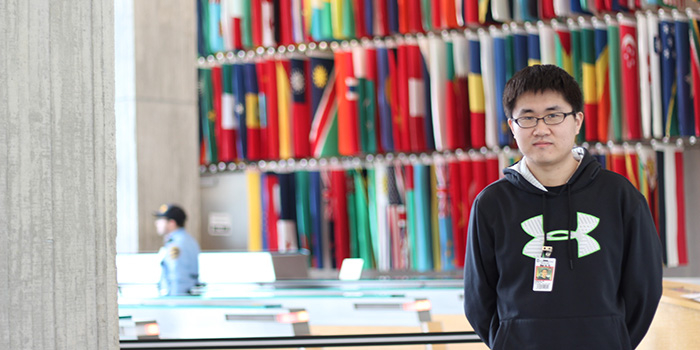
HOW I GOT THE INTERNSHIP OPPORTUNITY
Through the support of Professor Ogawa (my academic advisor), I got an opportunity to conduct my internship from March 18th to April 5th 2013 at FHI 360, Washington DC, USA. Before I was accepted, I was interviewed by the FHI 360 program officer and successfully received the opportunity to conduct the internship at Education Policy and Data Center (EPDC).
ABOUT THE FHI 360
FHI 360 is a non-profit organization with the mission goal to improve human development in the world. FHI 360’s mandate is mainly related to International Education, Scholar and Training, Global Health, Economic Development, Environment and Climate Change and Civil Society.
ACTIVITIES / RESPONSIBILITIES
I was given the following activities or responsibilities.
- Participated in weekly meetings for the monitoring, evaluation and technical assistance team, and also learning series presentations on involving stake-holders in monitoring and evaluation as well as presentation on the education policy and data center;
- Attended meetings and presentations outside FHI 360 with education experts at World Bank, United States Agency for International Development (USAID) and Inter-American Development Bank (IADB);
- Reviewed the Monitoring and Evaluation Resource Guide Book and provided written feedback and edits to the monitoring evaluation technical assistance (META) team on global learning group (GLG);
- In order to enhance my knowledge in research on community participation methods in international development, I developed evaluation questions, an outline and preliminary draft for the desk review of community participation methods.
LESSONS LEARNED
I was able to learn the following:
- About FHI 360’s mandate and work in international development;
- Technical skills on stake-holder analysis which included how to identify stake-holders and grouping them in terms of their importance and influence;
- Learned about the work of education policy and data center and how to use their website;
- Learned about education policy research and outcomes at the international level in both developing and developed countries;
- Improved my knowledge and skills in conducting monitoring and evaluation activities in for international education, data collection techniques, qualitative and quantitative research methods, and logic model as well as data analysis.
CONCLUSION
In general, working at FHI 360 was an exciting and great opportunity where I learnt multidisciplinary skills and knowledge necessary for my academic career. I was able to expand a network of friends and also increased my future prospects of working in international organizations. I thank Professor Ogawa for recommending me to FHI 360 and also GSICS for the internship grant that helped me meet my living expenses in DC.
Related
Related Articles
The academic year of 2022 at Kobe University starts this April and many new students entered the community of Professor Ogawa’s Seminar. Let’s welcome them! New Doctoral Students (5 students):...
From March 9th to 22th in 2014, I took part in a field study at Toronto in Canada and Washington D.C. in the United States. The field study aims at...
From 9 March, 2015 to 20 March 2015, I participated in the 59th annual conference of the Comparative and International Education Society (CIES 2015), and the field study conducted by...






